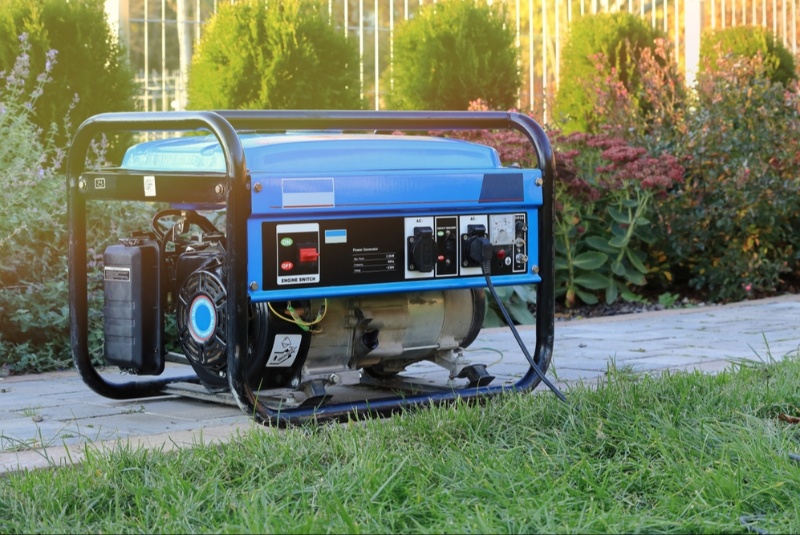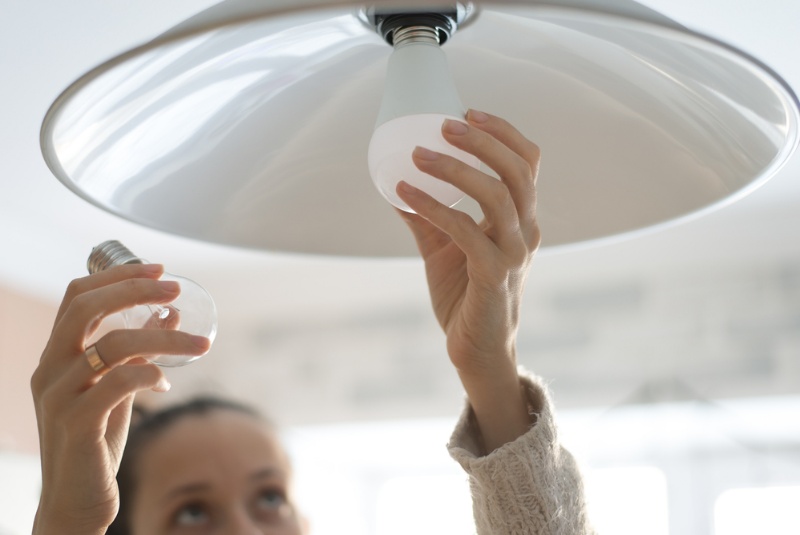In our ever-evolving world, where electricity has become as essential as the air we breathe, the thought of experiencing a power outage, especially for an extended period, can be daunting. Generators, the unsung heroes of the electrical realm, come to the rescue in such scenarios. But with an avalanche of options available, how do you ensure that your choice is not just good, but the best? This article will shed light on the critical aspects of making smart decisions when buying a reliable generator.
1. Understand Your Power Needs
The first and perhaps most critical step is to assess how much power you genuinely need. Generators come in different sizes and capacities. To determine the right size for you:
- Make a list of all the essential appliances and devices you intend to run during an outage.
- Calculate the total wattage required. Remember to consider both starting watts (the initial surge required to start an appliance) and running watts (the consistent power to keep it running).
2. Choose Between Portable and Standby Generators
Portable Generators:
- Pros: Mobile, can be used for camping or job sites, usually less expensive.
- Cons: Manual start, requires frequent refueling, might not be enough for larger homes or businesses.
Standby Generators:
- Pros: Automatically kicks in during power outage, can power an entire home or business, runs on natural gas or propane, reducing the need for refueling.
- Cons: More expensive, requires professional installation.
3. Fuel Type Matters
Generators can run on various fuel types, including diesel, gasoline, propane, or natural gas. Your choice can influence the generator’s efficiency, cost, and convenience.
- Gasoline: Widely available but has a short shelf life and is flammable.
- Diesel: More efficient, lasts longer, but is noisier and emits more pollutants.
- Propane: Clean-burning with a long shelf life. Tanks can be bulky.
- Natural Gas: Never runs out if connected to a municipal line, but might be less efficient than other fuel types.
4. Consider Noise Levels
Especially in residential areas, a noisy generator can be a nuisance. Before making a purchase, check the decibel (dB) rating. For context, a quiet suburb night is around 40 dB, while a running refrigerator is about 55 dB. Aim for a generator that doesn’t sound like a rock concert in your backyard!
5. Prioritize Safety Features
Safety should never be compromised. Look for features like:
- Automatic shut-off: This prevents damage when oil levels are too low.
- Carbon monoxide detectors: Some modern generators come with built-in CO detectors that shut off if dangerous levels are detected.
- Ground-fault circuit interrupters (GFCIs): They shut off power when an electrical imbalance is detected, preventing shocks.

6. Factor in Maintenance and Warranty
A reliable generator is one that's also easy to maintain:
- Regular Maintenance: Like any machine, generators require regular check-ups. Opt for models with easy-to-access filters, spark plugs, and oil.
- Warranty: A longer warranty often indicates the manufacturer’s confidence in their product. Aim for at least a 3-year warranty.
7. Budget Wisely
While it’s essential to get a reliable machine, there’s no need to break the bank. Factor in not only the generator's cost but also fuel costs, maintenance, and potential installation fees. Remember, the most expensive isn't necessarily the best.
8. Read Reviews and Seek Recommendations
Learning from others' experiences can save you from potential pitfalls. Online reviews, recommendations from friends, or advice from experts in the field can provide valuable insights into the product's reliability.
9. Think About the Future
Your power needs today might not be the same five years down the line. Perhaps you'll acquire more appliances, or maybe you’ll invest in energy-saving devices. While you shouldn’t overspend, buying a generator with a little extra capacity might be a wise choice.
10. Local Regulations and Environment Impact
Finally, remember to check local regulations regarding noise levels, emissions, and installation guidelines. An eco-friendly generator not only reduces your carbon footprint but can also be more efficient in the long run.
Generators can be the beacon of light (literally) during dark times of power outages. Making a smart, informed decision will ensure you have a reliable companion to see you through. By understanding your needs, doing diligent research, and prioritizing safety and efficiency, you'll power your choices effectively and confidently.




